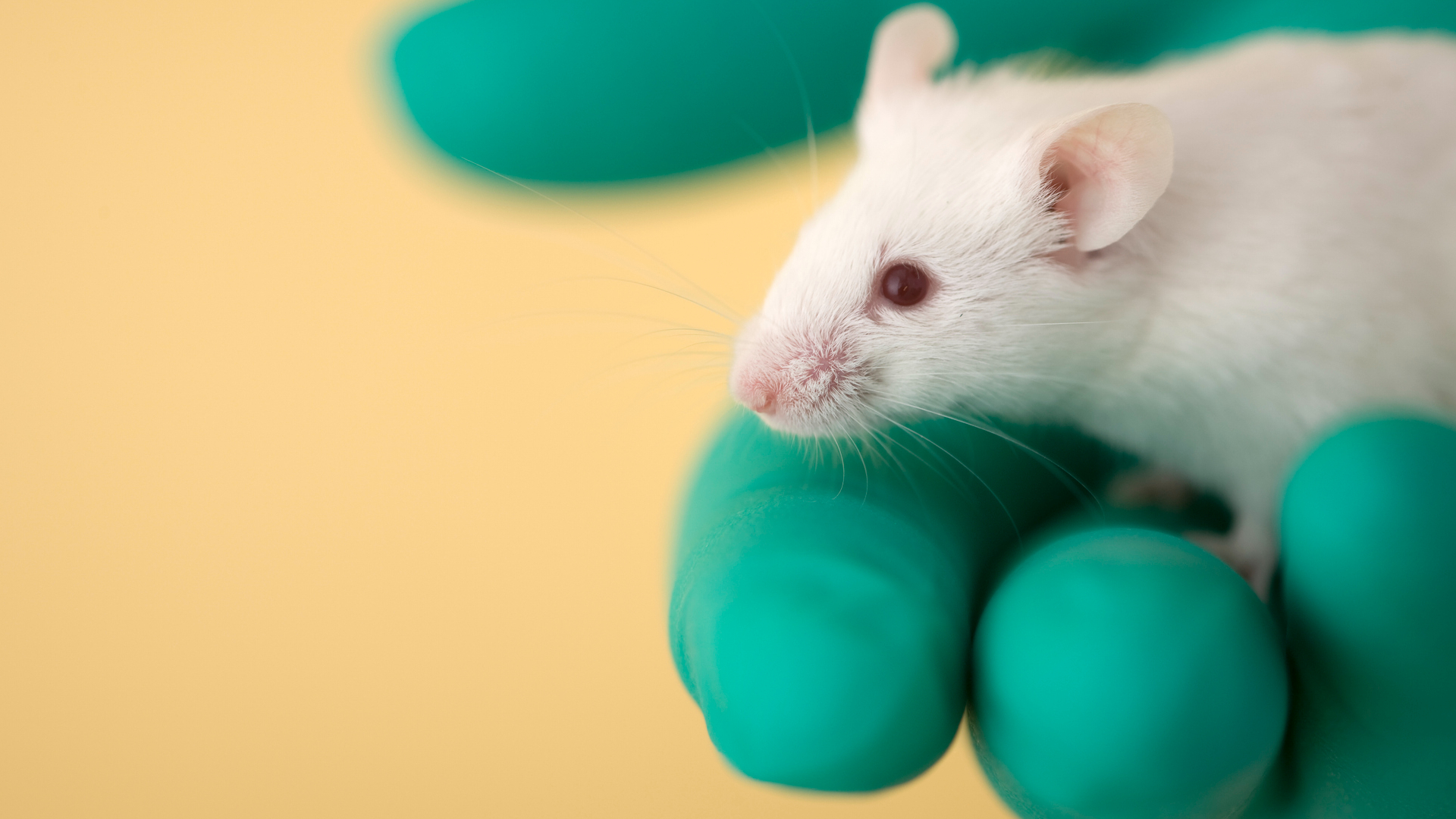New Test Identifies Kids at High Risk for Ongoing Concussion Symptoms

Get the world’s most fascinating discoveries delivered straight to your inbox.
You are now subscribed
Your newsletter sign-up was successful
Want to add more newsletters?

Delivered Daily
Daily Newsletter
Sign up for the latest discoveries, groundbreaking research and fascinating breakthroughs that impact you and the wider world direct to your inbox.

Once a week
Life's Little Mysteries
Feed your curiosity with an exclusive mystery every week, solved with science and delivered direct to your inbox before it's seen anywhere else.

Once a week
How It Works
Sign up to our free science & technology newsletter for your weekly fix of fascinating articles, quick quizzes, amazing images, and more

Delivered daily
Space.com Newsletter
Breaking space news, the latest updates on rocket launches, skywatching events and more!

Once a month
Watch This Space
Sign up to our monthly entertainment newsletter to keep up with all our coverage of the latest sci-fi and space movies, tv shows, games and books.

Once a week
Night Sky This Week
Discover this week's must-see night sky events, moon phases, and stunning astrophotos. Sign up for our skywatching newsletter and explore the universe with us!
Join the club
Get full access to premium articles, exclusive features and a growing list of member rewards.
When a child gets a concussion, it can be difficult for a doctor to assess whether he or she will have problems that persist over the longer term. But now, a new test could help doctors do exactly that, a new study from Canada suggests.
In the study, this simple-to-do test, which a doctor can perform within 48 hours of a child's concussion occurring, was better than the currently used method — which relies on a physician's judgment to make this assessment — at predicting which kids were more likely to still have ongoing symptoms about one month after they suffered a concussion. The findings were published today (March 8) in the Journal of the American Medical Association (JAMA).
With this new assessment method, doctors finally have a tool to better predict the duration of a child's recovery following a concussion, said Dr. Roger Zemek, lead author of the study and director of the Clinical Research Unit at Children's Hospital of Eastern Ontario in Ottawa. [9 Weird Ways Kids Can Get Hurt]
"Prior to this study, doctors were unable to predict which children would continue to experience prolonged symptoms" after a concussion, Zemek said.
Previous research has suggested that about 30 percent of children with concussions have symptoms that last at least one month, which is referred to as persistent postconcussion symptoms (PPCS). In addition to having ongoing physical symptoms, such as headaches and dizziness, children and teens with PPCS can experience thinking problems, such as trouble concentrating and feeling in a fog, as well as emotional issues, such as irritability or anxiety, that could affect them in school or at home and keep them from participating in sports and other favorite activities, Zemek said.
In this new study, the researchers collected data from more than 3,000 kids ages 5 to 18 who had gone to the emergency room at one of nine children's hospitals in Canada within 48 hours of suffering a concussion. The group included kids who got concussions while playing sports, doing other activities, or as a result of falling, being assaulted or being in a car accident.
At three time points — 7, 14 and 28 days after their head injury — participants completed online surveys or telephone interviews describing their symptoms.
Get the world’s most fascinating discoveries delivered straight to your inbox.
Assessing risk
The data showed that most children with concussions recovered within one month of their injury, Zemek told Live Science.
For the roughly 30 percent of children who didn't recover within a month, the researchers identified nine key criteria that doctors could use to calculate a clinical risk score (ranging from 0 to 12) that would identify which youngsters may be more prone to developing PPCS.
These nine factors included being female, being ages 13 or older, having a history of migraines and having a prior concussion with symptoms lasting longer than one week. The presence of four symptoms — headache, sensitivity to noise, fatigue and answering questions slowly — in youngsters who sustained a concussion were also among the nine variables used to create the clinical risk score, as was having four or more errors on a balance test given by doctors.
Although the exact reason is not known, girls may have a higher risk of slower recovery from concussion because of hormonal factors and because their neck muscles are not as strong as boys'. As a result, girls' heads and necks may experience more severe whiplash than boys', placing more strain on girls' brains and leading to more symptoms, Zemek said.
Teens ages 13 and older typically have slower recoveries from concussions than younger children. Hormonal factors, as well as teens' general ability to move faster as they get older (meaning they have higher-impact collisions), may play roles in this, Zemek explained. [10 Facts Every Parent Should Know about Their Teen's Brain]
Once doctors determine a child's clinical risk score, this number could then be used to place kids into a low-, moderate- or high-risk category for PPCS. Low-risk children may not require follow-up with a concussion specialist, and may only need to obtain guidance and medical clearance from their pediatrician before returning to sports participation, Zemek said.
But kids identified as high-risk may need to be referred to a hospital's concussion clinic for further evaluation and close monitoring to prevent them from developing ongoing symptoms. Moderate-risk youngsters may be advised to schedule a follow-up visit with their pediatricians, who may then recommend children go to a concussion clinic if their symptoms are not improving within two to three weeks of their head injury, Zemek said.
In an editorial accompanying the study, published in the same issue of JAMA, Drs. Lynn Babcock and Brad Kurowski, two physicians from Cincinnati Children's Hospital Medical Center who treat kids with concussions, wrote that "the risk prediction estimates generated by this new tool were superior to clinician prediction of risk for PPCS, which was no better than a coin toss."
The editorial suggested that this clinical risk score should be tested in locations other than the emergency rooms of children's hospitals before doctors in these other settings that examine children with concussions — other hospital emergency rooms, pediatricians' offices, urgent care centers and sports medicine clinics — put this new tool to use.
Zemek said plans are already underway to evaluate the assessment's effectiveness in other settings, and future research will also look at whether the tool is valid for adults with concussions.
Follow Live Science @livescience, Facebook & Google+. Originally published on Live Science.
Cari Nierenberg has been writing about health and wellness topics for online news outlets and print publications for more than two decades. Her work has been published by Live Science, The Washington Post, WebMD, Scientific American, among others. She has a Bachelor of Science degree in nutrition from Cornell University and a Master of Science degree in Nutrition and Communication from Boston University.
 Live Science Plus
Live Science Plus










